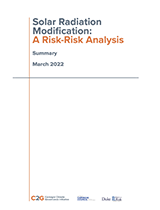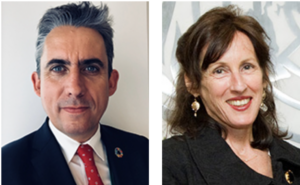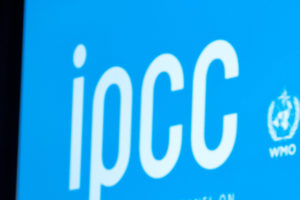Using a comparative risk framing to strengthen policy decisions for sustainable development
Seventh annual Multi-Stakeholder Forum on Science, Technology and Innovation for the Sustainable Development Goals – STI Forum 2022
4 May 2022 at 09:00 EDT – 10:30 EDT
Climate change poses fundamental challenges for sustainable development as temperature increases and other hazards put past and future development achievements increasingly at risk. Understanding such risk as well as those triggered by climate response measures is therefore central to assessing the pros and cons of any set of options for responding to climate change.
According to the Intergovernmental Panel on Climate Change (IPCC), risks arise from many responses that are intended to reduce the risks of climate change, including risks from maladaptation and adverse side effects of some emission reduction and carbon removal measures. The IPCC also states that while solar radiation modification (SRM) approaches have the potential to offset warming and ameliorate some hazards, if implemented, it would also introduce new risks, which are not well understood.
Using a comparative risk framing can play an important role in helping safeguard sustainable development as we respond to climate change. It can help maintain focus on broader Sustainable Development Goals (SDGs) objectives and provide decision support to navigate the risks around different climate response options and develop climate policy and governance that is better aligned with sustainable development delivery.
This side event co-organised by the Carnegie Climate Governance Initiative (C2G) and the United Nations Economic Commission for Africa (UNECA) will explore how using comparative risk framing can help decision makers in designing, implementing and governing climate response options that better support the SDG delivery.
Speakers
Jean-Paul Adam, Director for Technology, Climate Change and Natural Resources Management, United Nations Economic Commission for Africa
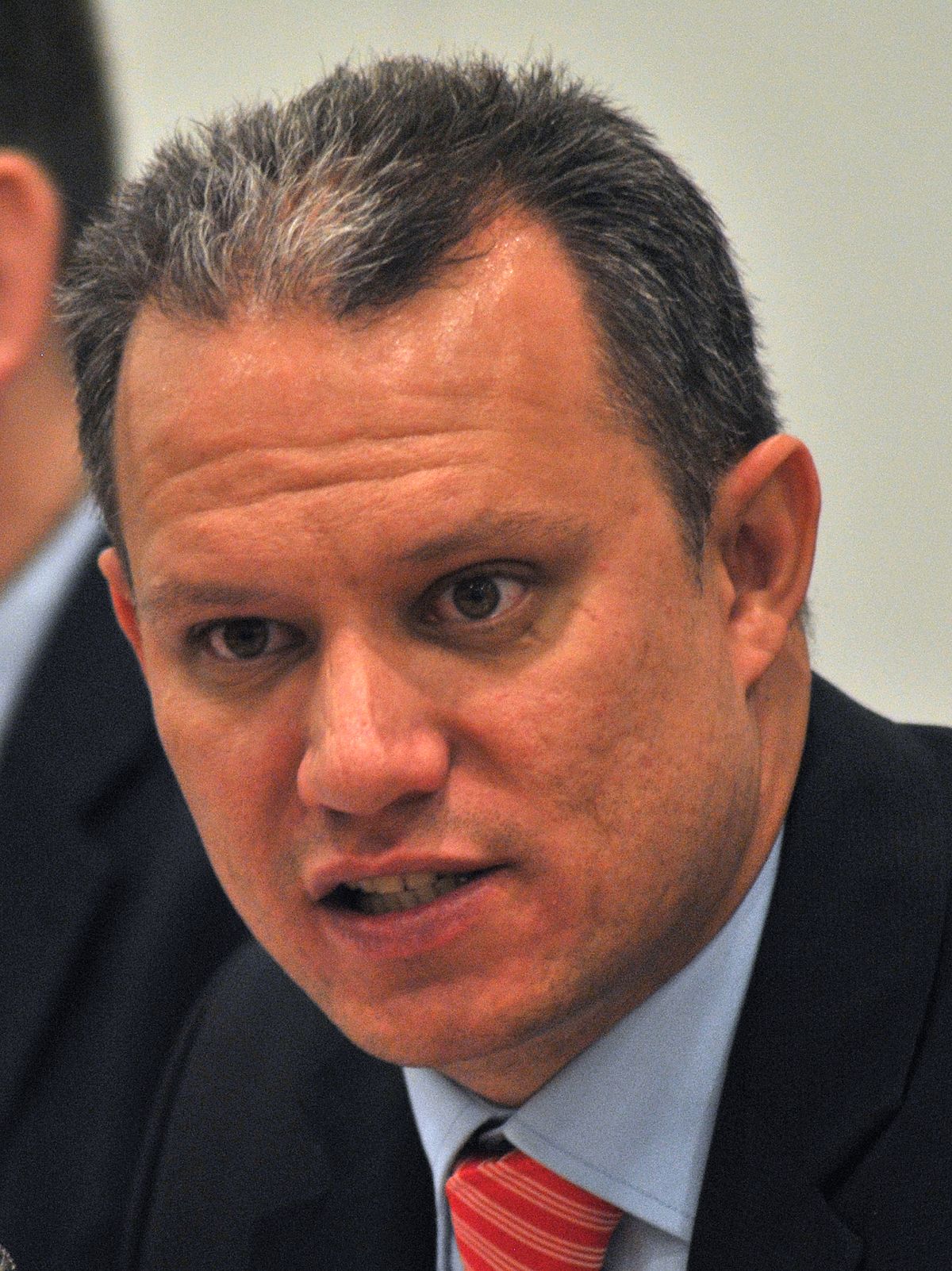
He was Minister of Health from 2016 to 2019. He served as Minister of Finance, Trade and the Blue Economy from 2015 to 2016 where he negotiated a debt for climate change adaptation swap and launched the process for Seychelles to become the first issuer of a Blue Bond. Between 2010 and 2014, he was Seychelles’ Minister of Foreign Affairs, where he advocated for countries to embrace the concept of the Blue Economy, to improve sustainability for island and coastal countries. Before entering the Cabinet, between 2005 and 2009, he occupied several senior roles in the Office of the President of the Republic of Seychelles including Director General for presidential affairs, Principal Secretary for the Office of the President and Secretary of state in the presidency. He started his career as a career diplomat in the Ministry of Foreign Affairs between 2001 and 2004.
He is a holder of a Masters in International Political Economy form the University of Manchester (UK) and a BA in English Literature and French from the University of Sheffield (UK).
Inés Camilloni, Associate professor, Department of Atmospheric and Ocean Sciences, University of Buenos Aires and Researcher, Del Mar Atmosphere Research Center
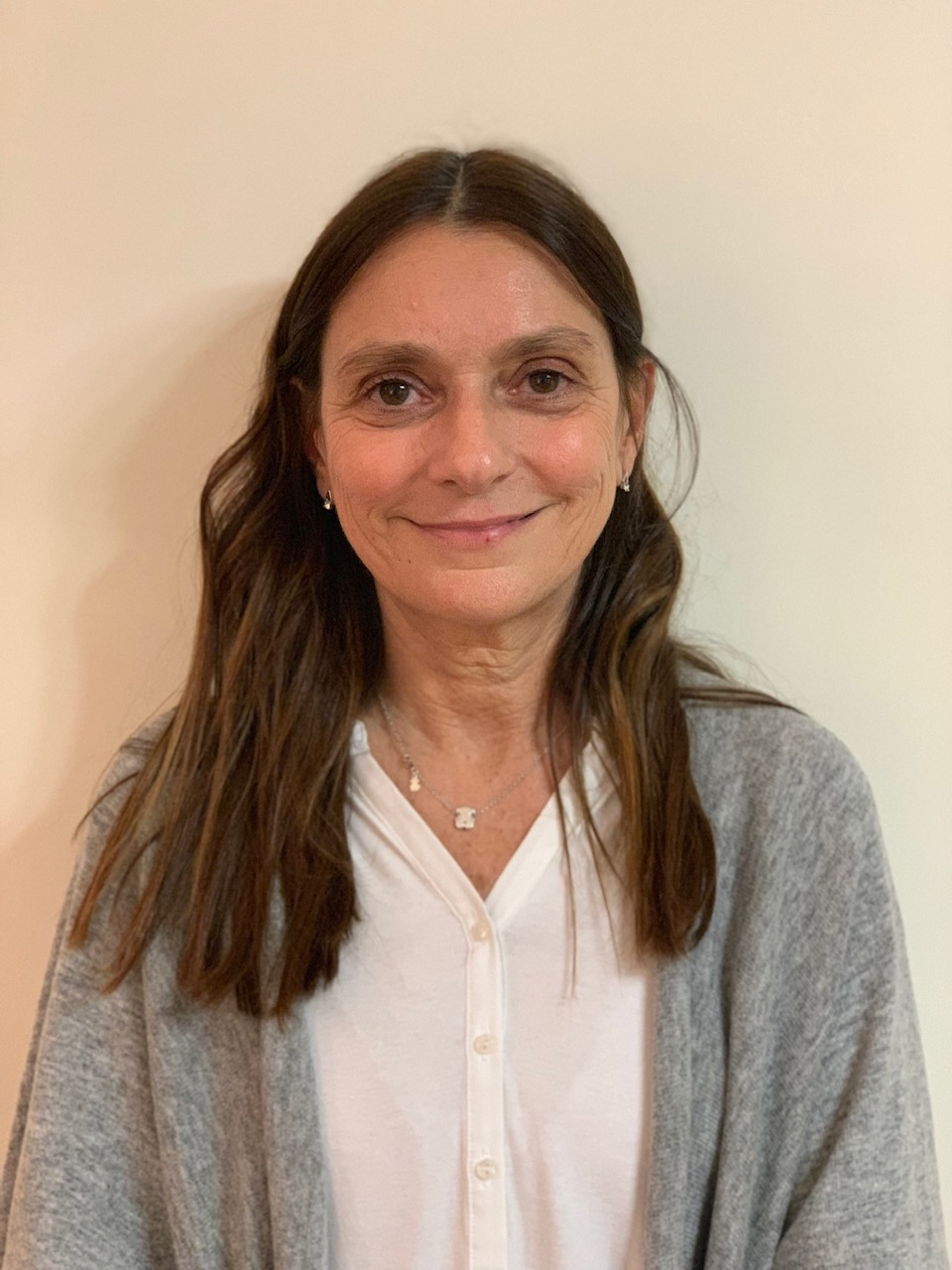
She is the principal investigator of the SRMGI study “Hydrological impacts of solar radiation management in the La Plata Basin in South America”. She has participated, leaded or coordinated several recognized national and international research projects related with climate variability and change, and has authored several peer-reviewed scientific journal articles and book chapters.
She was a member of the Argentinean team that developed the report on present and future climate trends in Argentina for the “3rd National Communication of Climate Change” and the related web-based dissemination of climate data and scenarios to support impact studies in Argentina.
Arunabha Ghosh, Founder and Chief Executive Officer, The Council on Energy, Environment and Water
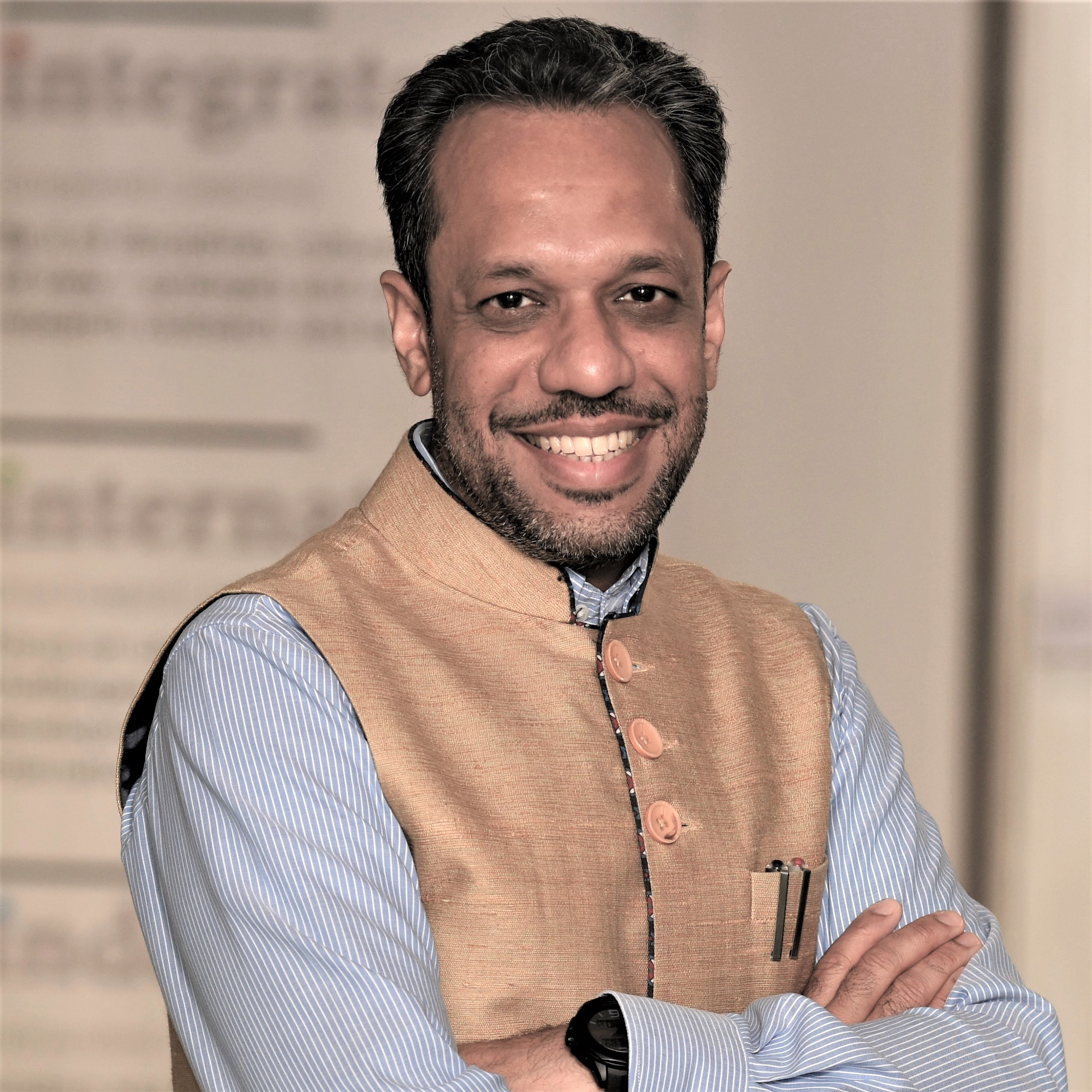
He is lead author of Jobs, Growth and Sustainability: A New Social Contract for India’s Recovery (CEEW, 2020). He is the co-author/editor of four books: The Palgrave Handbook of the International Political Economy of Energy (2016); Energizing India: Towards a Resilient and Equitable Energy System (SAGE, 2016); Human Development and Global Institutions (Routledge, 2016); and Climate Change: A Risk Assessment (FCO, 2015). Arunabha’s essay “Rethink India’s energy strategy” in Nature was selected as one of 2015’s ten most influential essays.
Arunabha advises governments, industry, civil society and international organisations around the world. This has included India’s Prime Minister’s Office, several ministries and state governments. He was invited by France, as a Personnalité d’Avenir, to advise on the COP21 climate negotiations; and also advised extensively on HFC negotiations. He served on the Executive Committee of the India-U.S. PACEsetter Fund. He has been a member of Track II dialogues with ten countries/regions; and formulated the Maharashtra-Guangdong Partnership on Sustainability. He is a member of the Environment Pollution (Prevention & Control) Authority for the National Capital Region.
His monthly columns in the Business Standard (Inflexion Points) and the Hindustan Times (Over The Horizon) are widely read. He has hosted a documentary on water in Africa, featured in National Geographic and Discovery Channel documentaries on energy, and delivered a TED Talk on air quality. He is a World Economic Forum Young Global Leader, member of WEF’s Global Future Council on Energy, and an Asia Society Asia 21 Young Leader. He holds a D.Phil. from Oxford and topped Economics from St. Stephen’s College, Delhi.
Thelma Krug, Vice-Chair, Intergovernmental Panel on Climate Change
Thelma Krug is a former researcher at the Earth Observation Coordination at the National Institute for Space Research in Brazil, under the Ministry of Science, Technology, Innovation and Communication (MCTIC).
She was elected Vice-Chair of the Intergovernmental Panel on Climate Change (IPCC) for the Sixth Cycle of Panel (October 2015 – October 2022), after having been co-chair of the IPCC Task Force on National Greenhouse Gas Inventories from 2002 until 2015. She holds a PhD on Spatial Statistics from the University of Sheffield, UK. She has been Deputy National Secretary at the Secretary on Policies and Programs of Science and Technology at MCTIC; National Secretary at the Secretary on Climate Change and Environmental Quality from the Ministry of the Environment (MMA) and Director of the Department on Policies to Combat Deforestation under the Secretary of Climate Change and Forests at MMA.
For more than 15 years she has represented Brazil in the negotiations at the United Nations Framework Convention on Climate Change (UNFCCC), with particular focus on issues related to land use, land-use change and forestry (LULUCF); research and systematic observations; and reporting guidelines. Her main areas of interest are climate change and the role of deforestation, forest degradation and land-use change; REDD+; and national greenhouse gas inventories.
James Mwangi, Executive Director, Dalberg Group
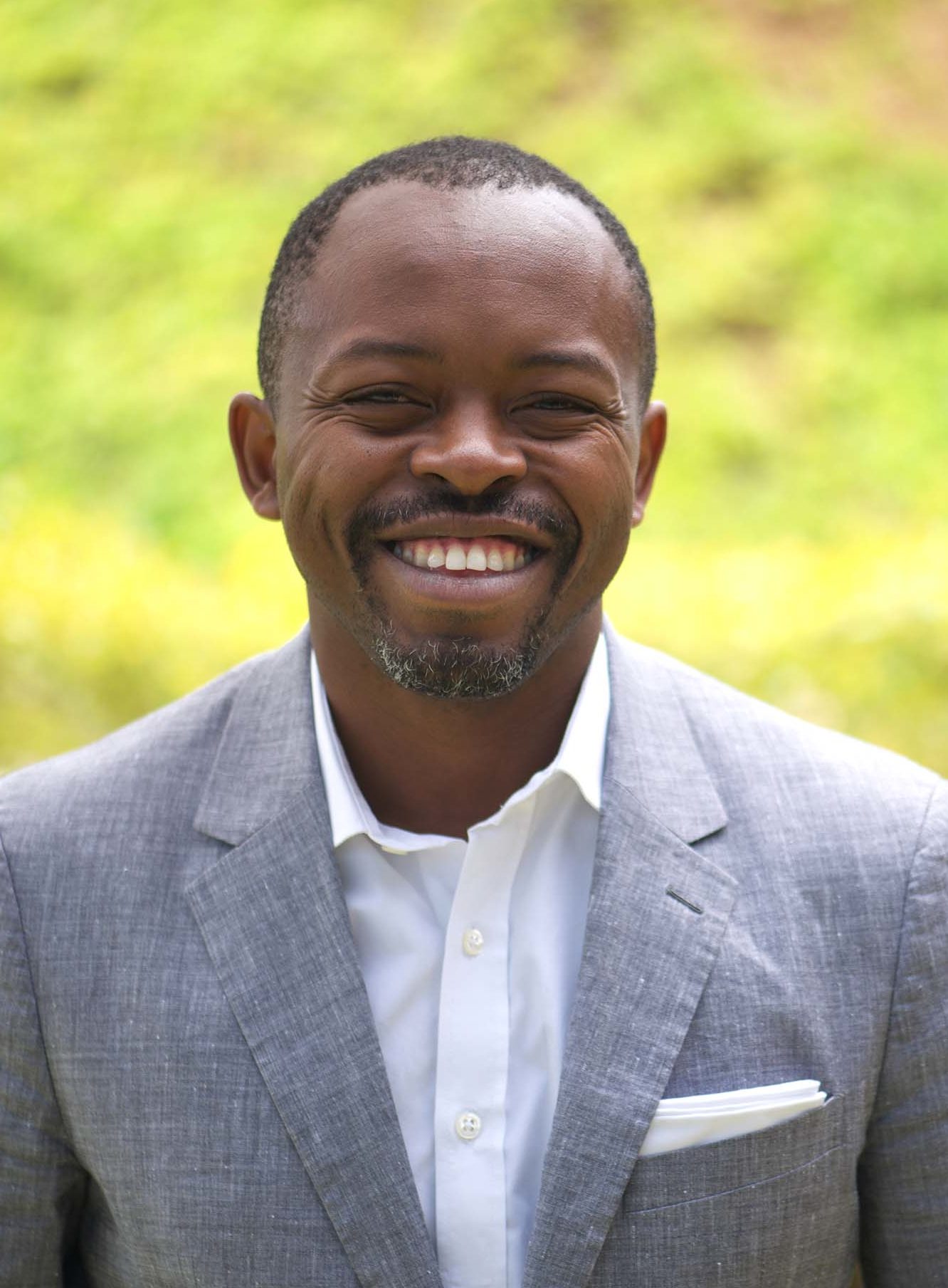
Since 2014, James has served as Executive Director of the Dalberg Group, supporting the growth of new businesses, and coordinating the efforts of all Dalberg entities in pursuit of a shared mission. In that role he has overseen the acquisition or incubation of 6 businesses that are today integral parts of the Dalberg Group operating from locations in 24 countries around the world and employing over 600 professionals.
James is a 2009 Archbishop Tutu Leadership Fellow of the African Leadership Institute, a 2013 Young Global Leader of the World Economic Forum and a member of the Young Presidents Organization. He currently serves on the boards of the Skoll Foundation, One Acre Fund, Old Mutual and the Nairobi International Financial Centre Authority. He holds a degree in economics from Harvard University.
Janos Pasztor, Executive Director, Carnegie Climate Governance Initiative
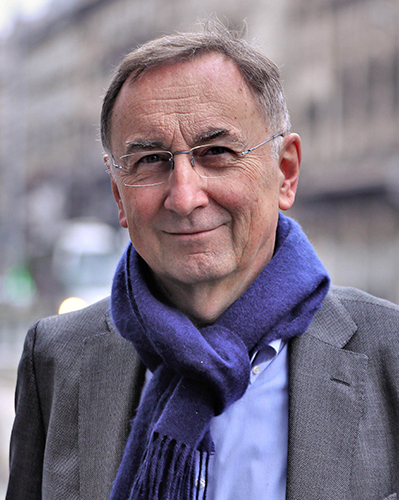
Earlier, he was Acting Executive Director for Conservation (2014), and Policy and Science Director (2012-2014), at WWF International. He directed the UNSG’s Climate Change Support Team (2008-2010) and later was Executive Secretary of the UNSG’s High-level Panel on Global Sustainability (2010-2012). In 2007 he directed the Geneva-based UN Environment Management Group (EMG). During 1993-2006 he worked and over time held many responsibilities at the Climate Change Secretariat (UNFCCC), initially in Geneva and later in Bonn.
His other assignments included: the Secretariat of the UN Conference on Environment and Development (Earth Summit ’92); Stockholm Environment Institute; United Nations Environment Programme (UNEP); Secretariat of the World Commission on Environment and Development (Brundtland Commission); the Beijer Institute; and the World Council of Churches. He has BSc and MSc degrees from the Massachusetts Institute of Technology (MIT).
Highlights
“When will there be enough scientific knowledge, to decide whether or not to proceed with solar radiation modification?”
Inés Camilloni
Associate professor, Department of Atmospheric and Ocean Sciences, University of Buenos Aires and Researcher, Del Mar Atmosphere Research Center
“What is the basic premise of the risk-risk approach in relation to Solar Radiation Modification?”
Arunabha Ghosh
Founder and Chief Executive Officer, The Council on Energy, Environment and Water (CEEW)
“What are some of the implications of overshooting the 1.5oC temperature goal?“
Thelma Krug
Vice-Chair, Intergovernmental Panel on Climate Change (IPCC)
“What mechanisms could we put in place to limit the societal risks associated with large-scale Carbon Dioxide Removal?”
James Mwangi
Executive Director, Dalberg Group
Closing Remarks
Jean-Paul Adam
Director for Technology, Climate Change and Natural Resources Management, United Nations Economic Commission for Africa (UNECA)
